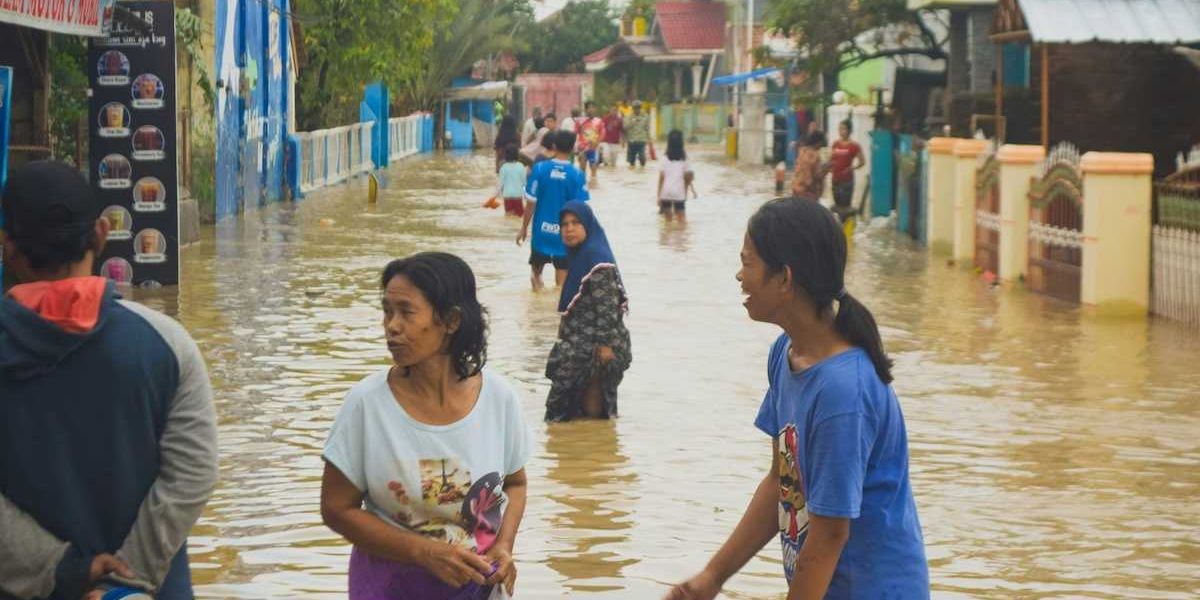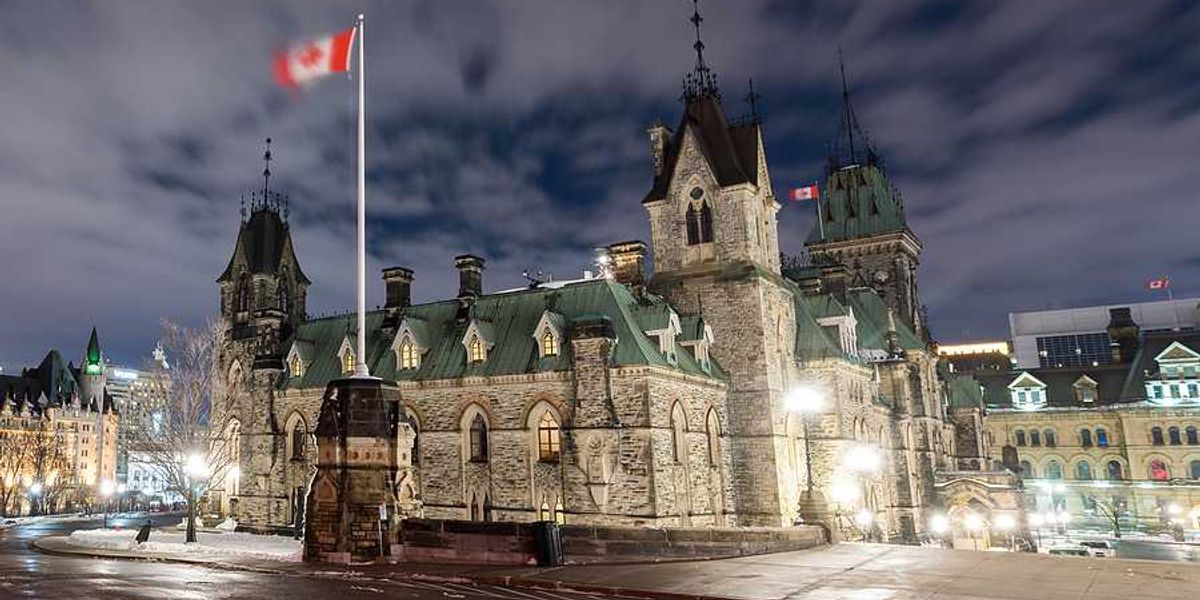training
California receives federal funds to train climate-resilient workforce
California has been awarded $60 million in federal funding to develop a climate-ready workforce across the state, including a $9.5 million investment for Long Beach City College.
In short:
- The U.S. Department of Commerce and NOAA allocated funds to nine states and territories, with California among them, to enhance job training in climate resilience.
- Long Beach City College will create the Los Angeles County Climate Ready Employment Council to focus on training for water and solar sector jobs.
- The initiative aims to prepare a skilled workforce to tackle climate impacts like sea level rise and flooding.
Key quote:
"Climate change accelerates the need for a new generation of skilled workers who can help communities address a wide range of climate impacts."
— Gina Raimondo, U.S. Secretary of Commerce
Why this matters:
As climate change intensifies, there is a growing need for skilled workers to help communities adapt and build resilience against its impacts. Training programs are essential for creating jobs and supporting economic stability while addressing environmental challenges.
Training the next wave of doctors in climate medicine
Amidst a growing recognition of climate change's health impacts, U.S. medical schools are increasingly embedding climate education in their curricula.
In short:
- Colorado's innovative diploma program is preparing medical professionals to become experts in climate health, a critical and emerging field.
- The program emphasizes practical disaster response training, showing the importance of medical readiness for climate-related emergencies.
- The initiative reflects a broader trend of integrating climate change awareness into healthcare, aiming to enhance patient care in the face of environmental challenges.
Key quote:
"We need credible, knowledgeable and effective leaders, and we want to send a message to clinicians that these are critically important skills for mitigating climate-driven health effects."
— Dr. Jay Lemery, Director of the Climate and Health Program at the University of Colorado School of Medicine.
More Top News:
Visit Environmental Health News for the latest breaking news on environmental health and climate change.
Training the next wave of doctors in climate medicine
Amidst a growing recognition of climate change's health impacts, U.S. medical schools are increasingly embedding climate education in their curricula.
In short:
- Colorado's innovative diploma program is preparing medical professionals to become experts in climate health, a critical and emerging field.
- The program emphasizes practical disaster response training, showcasing the importance of medical readiness for climate-related emergencies.
- The initiative reflects a broader trend of integrating climate change awareness into healthcare, aiming to enhance patient care in the face of environmental challenges.
Key quote:
"We need credible, knowledgeable and effective leaders, and we want to send a message to clinicians that these are critically important skills for mitigating climate-driven health effects."
— Dr. Jay Lemery, Director of the Climate and Health Program at the University of Colorado School of Medicine.
More Top News:
Visit Environmental Health News for the latest breaking news on environmental health and climate change.
Wanted: 20,000 young Americans to fight climate change
Climate-friendly heat pumps: new training lab in Philly
Electrifying old Philadelphia homes in order to address climate change will require skilled labor. A new training lab in North Philly aims to prepare local workers, by teaching them to install, maintain, and fix heat pumps.
Green jobs are booming, but there's a big skills gap. Here's how companies can fix it
Why Global South leadership on climate change adaptation matters
From boat schools in Bangladesh to Kenyan women farmers learning new skills, those on the frontlines of climate change have valuable experience in how to cope.









